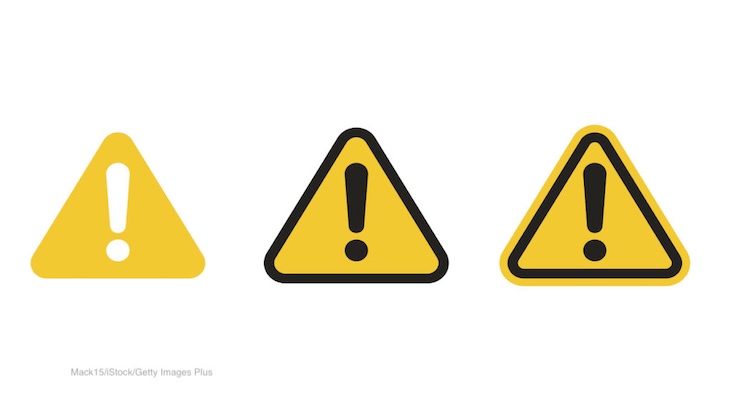A CDC health advisory for extensively drug-resistant Salmonella Typhi infections has been issued by the Health Alert Network (HAN). These types of infections are usually associated with international travel, but as of January 14, 2021, the government has received 71 reports of these infections in the United States; not all had left the country before getting sick.

While most of those patients had traveled, nine, or 13% of the total, had not traveled to any country before they got sick. Salmonella typhi is transmitted through contaminated food and water and through person to person contact.
In 2016, a large outbreak of extensively drug-resistant Salmonella typhi infections started in the Sindh province, Pakistan. Typhi strains are resistant to antibiotics that are usually recommended to treat typhoid fever, including ampicillin, ceftriaxone, chloramphenicol, ciprofloxacin, and trimethoprim-sulfamethoxazole.
Infections among people who traveled to or from Pakistan have since been reported globally, including the United States. Among the 71 patients diagnosed with this infection, 58 traveled to Pakistan in the 30 days before their illness began.
The nine patients with no travel history live in New York (3), California (2), Illinois (1), Maryland (1), New Jersey (1), and Texas (1). Specimens from these patients were obtained from November 7, 2019 through October 7, 2020. Testing of these specimens showed the same drug resistant pattern described in Pakistan. No linkages among these patients or a common source of infection has been identified.
Before that outbreak in Pakistan, no case of ceftriaxone-resistant Salmonella typhi infections had been identified in the United States.
The alert recommends that doctors be on the lookout for these types of infections. Symtpoms of typhoid fever can be similar to other illnesses, and include headache, fever, constipation or diarrhea, malaise, chills, and myalgias (muscle pain). Doctors should obtain a 30-day international travel history from any patient with suspected or confirmed typhoid fever.
In addition, the government states that doctors and healthcare workers should counsel travelers about vaccination against typhoid fever. At the same time, since these vaccines are not 100% effective, travelers should always practice safe eating and drinking habits while traveling.




